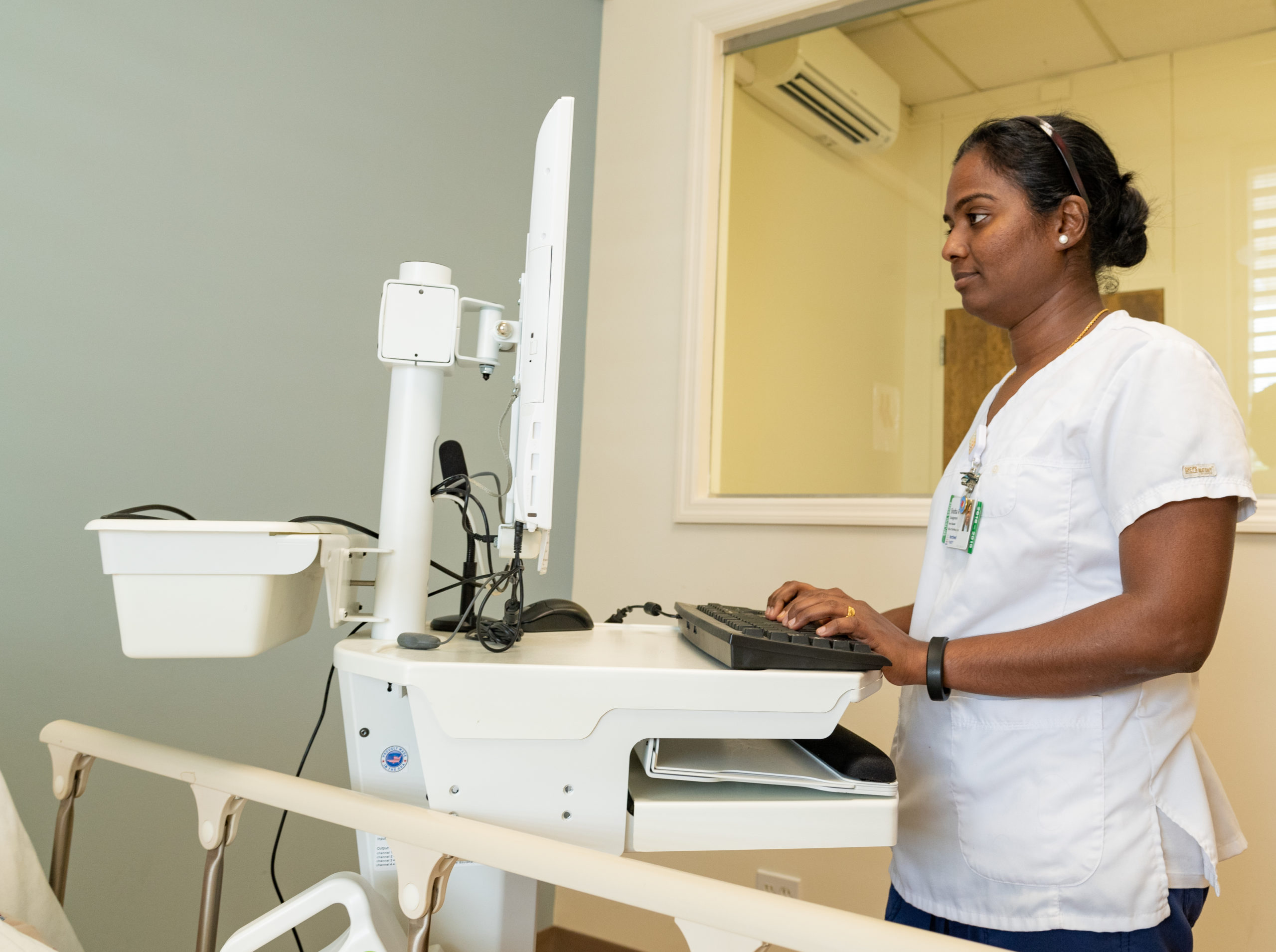Northwell Health has implemented a social determinants of health screening tool that will help newly discharged hospital patients get the support they need to recover successfully and avoid readmission.
The tool, a 15-item questionnaire, provides care teams with information about patients’ social determinants of health—socioeconomic conditions that can make it harder to get healthy, such as lack of transportation that prevents people from getting to the doctor for an appointment or to a pharmacy to fill a prescription. A patient who screens positive for one or more social determinants is connected to resources that can address those needs, helping to improve health outcomes.
“We know that non-medical factors can account for as much as 80 percent of health outcomes,” said Sabina Zak, vice president of community health and health services research at Northwell. “This screening tool allows us to take a targeted approach to addressing social determinants so we can more effectively help our most vulnerable patients get well.”
The majority of the 300,000-plus inpatients treated annually at the 19 hospitals that Northwell owns and operates in the New York area will be screened within 48 hours of admission. (Patients admitted to Northwell’s maternity units and other specialty services are not part of the screening program.)
Patients who screen positive for a social determinant may be helped in a variety of ways. For instance, they may be connected with a community-based organization that can provide resources, or assisted in applying for benefits such as the Supplemental Nutrition Assistance Program (also known as food stamps), or Access-A-Ride, which provides transportation for people who are unable to use mass transit because of age or disabilities. Northwell’s transitional care management team may also schedule home visits by a nurse after a patient is discharged, so that any problems can be quickly addressed.
Social determinants will be documented in patients’ electronic medical records, with codes that are used to note non-medical factors influencing health status and health care—called “Z codes” included within the International Classification of Diseases, 10th Revision. This ensures that physicians and other health care providers are aware of factors that may impact their patients’ health, and allows interventions to be tracked and assessed. It also provides a rich resource for research, and helps Northwell identify the most pressing socioeconomic issues facing its communities and adjust its population health efforts accordingly.
The screening tool has already performed well in a pilot program at Long Island Jewish Forest Hills Hospital, where it has been used since February to identify social determinants among patients whose hospital stays occurred within 30 days of an earlier discharge. In these patients, 64 percent screened positive for at least one social determinant, with transportation problems ranking highest—issues that could have played a role in patients’ readmissions by preventing them from getting their medications or seeing the doctor for post-discharge care. Other common social determinants seen among these patients include a lack of safe or secure housing, inadequate social support and limited health literacy.
“Social determinants screening has already clearly demonstrated the impact of non-medical conditions of life on the health of our patients,” said Dr. Ram Raju, senior vice president and community health investment officer at Northwell. “As we implement this tool across Northwell, it will empower us to address the root causes of our patients’ ills, reduce health disparities and ultimately create communities that thrive.”
Submitted by Northwell Health



